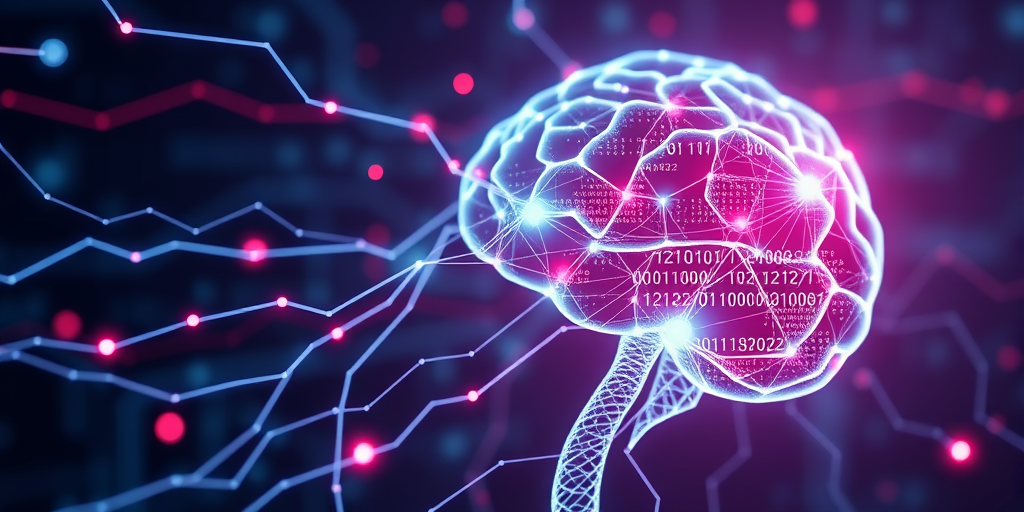
Marco O1: Enhancing Reasoning and Translation Through CoT and MCTS Integration

Marco O1, developed by Aidc-Ai (https://www.aidge.com/), is a large language model focused on enhancing reasoning through fine-tuning on a CoT dataset. The model's announcement can be found at https://huggingface.co/AIDC-AI/Marco-o1. It includes two variants: Marco-o1-CoT, a 7B model based on Qwen2-7B-Instruct, and Marco-o1-MCTS, which builds upon Marco-o1-CoT without a specified size. These models highlight the project's emphasis on iterative refinement and specialized applications.
Breakthrough Innovations in Marco O1: Advancing Reasoning and Translation with MCTS and CoT Fine-Tuning
Marco O1 introduces groundbreaking innovations that redefine reasoning capabilities and application scope in large language models. By combining full-parameter fine-tuning on a CoT dataset with Monte Carlo Tree Search (MCTS), it expands solution spaces through confidence-guided search, a novel approach that outperforms traditional methods. The reasoning action strategy—including the Marco-o1-MCTS mini-step—introduces granular problem-solving and self-reflection mechanisms, enabling deeper iterative refinement. Most notably, Marco O1 is the first Large Reasoning Model (LRM) applied to Machine Translation, leveraging inference-time scaling laws to enhance multilingual performance. These advancements set a new benchmark for reasoning-driven models.
- Fine-Tuning with CoT Data: Full-parameter fine-tuning on open-source CoT datasets and synthetic data for enhanced reasoning.
- Solution Space Expansion via MCTS: Integration of LLMs with Monte Carlo Tree Search (MCTS) to guide search using output confidence.
- Reasoning Action Strategy: Novel strategies and reflection mechanism (Marco-o1-MCTS mini-step) to enhance problem-solving through action granularity and self-reflection.
- Application in Translation Tasks: First application of Large Reasoning Models (LRM) to Machine Translation, exploring inference time scaling laws in multilingual domains.
Possible Applications of Marco O1: Reasoning, Translation, and Language Nuance Handling
Marco O1 is possibly well-suited for complex real-world problem-solving tasks, machine translation with multilingual capabilities, and enhanced handling of open-ended questions and colloquial language nuances. Its fine-tuned reasoning abilities and integration of MCTS make it maybe ideal for scenarios requiring iterative decision-making or contextual understanding. The model’s focus on CoT datasets and multilingual scaling laws also suggest possible value in translation workflows, while its adaptability to informal language could improve interactions in dynamic or ambiguous settings. However, each application must be thoroughly evaluated and tested before use.
- Complex real-world problem-solving tasks
- Machine translation with multilingual capabilities
- Enhanced handling of open-ended questions and colloquial language nuances
Limitations of Large Language Models (LLMs)
Large language models (LLMs) face common limitations that impact their reliability, ethical use, and practical applicability. These include challenges such as data bias, where training data may perpetuate stereotypes or inaccuracies; ethical concerns, like the potential for misuse in generating harmful content; computational costs, as large models require significant resources for training and deployment; and hallucinations, where models produce confident but factually incorrect information. Additionally, LLMs may struggle with real-time data integration or domain-specific expertise beyond their training scope. While these limitations are well-documented, they remain ongoing challenges for developers and users alike.
- Data bias and perpetuation of stereotypes
- Ethical risks in content generation
- High computational and energy costs
- Hallucinations and factual inaccuracies
- Limited real-time data adaptability
A New Era in Open-Source Language Models: Introducing Marco O1
Marco O1, developed by Aidc-Ai, represents a significant advancement in open-source large language models, combining fine-tuned reasoning capabilities through Chain-of-Thought (CoT) datasets with Monte Carlo Tree Search (MCTS) for enhanced problem-solving. Its 7B variant, Marco-o1-CoT, and the MCTS-based extension demonstrate a unique focus on iterative reasoning, multilingual translation, and dynamic task adaptation. By leveraging open-source collaboration and innovative techniques like confidence-guided search and reflection mechanisms, Marco O1 opens new possibilities for applications requiring deep reasoning and adaptability. As an open-source project, it invites further exploration, customization, and contributions from the global AI community.
Comments
No comments yet. Be the first to comment!
Leave a Comment